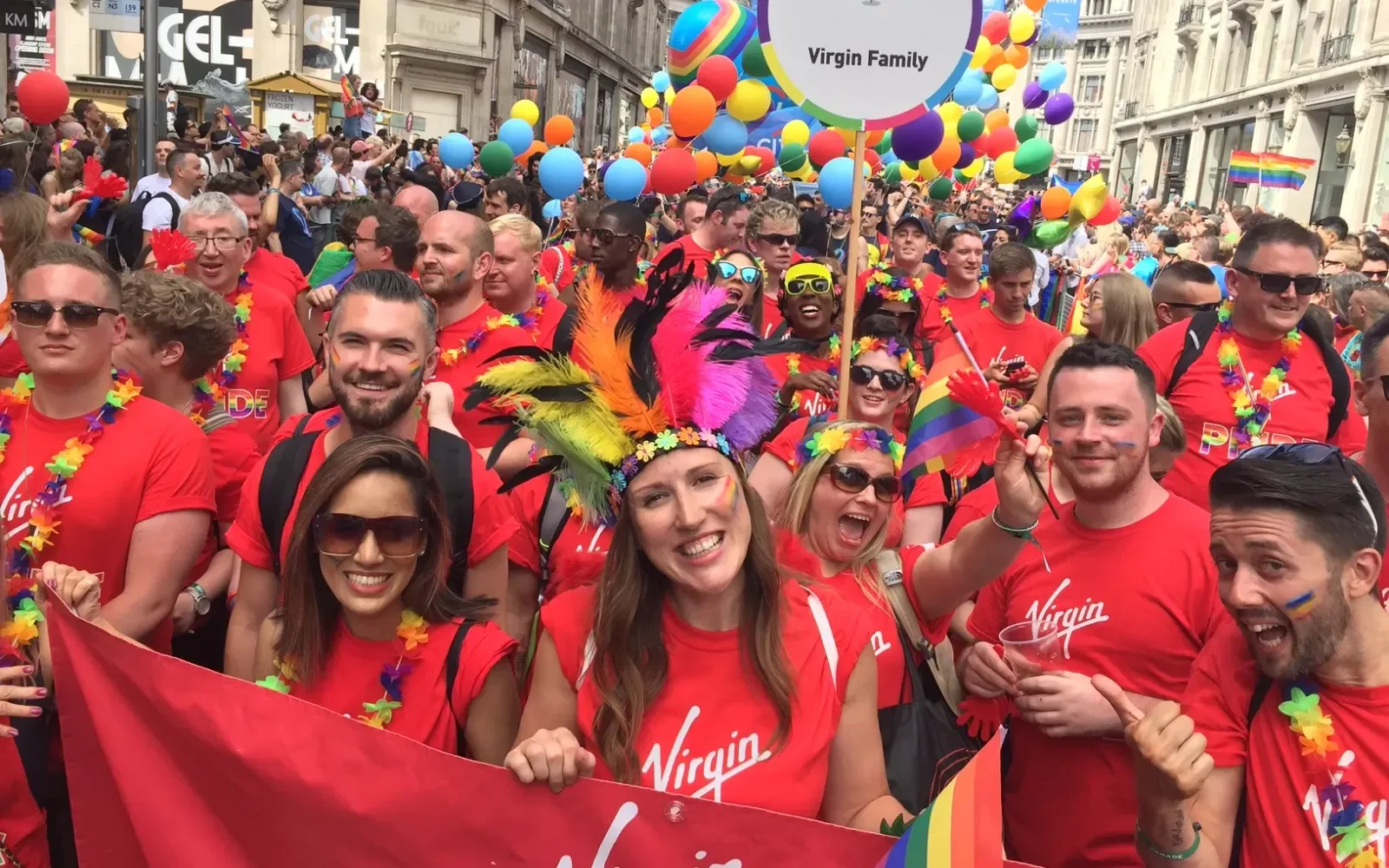Why businesses should be LGBT-friendly
Nearly one million adults in the UK identify as LGBT. Yet many of them experience discrimination in the workplace. What can employers do to improve LGBT people’s experiences at work?
In this article you will learn:
The discrimination that LGBT people face in the workplace
The benefits of being LGBT supportive
How to be more LGBT supportive as a business
The statistics
According to statistics from Stonewall, 19 per cent of lesbian, gay and bi workers have experienced verbal bullying from their colleagues, customers or service users because of their sexual orientation, but 13 per cent say that they would not feel confident in reporting homophobic bullying in their workplace.
In addition to this, 42 per cent of trans people who are not living permanently in their preferred gender role say that they are prevented from doing so because they feel it will threaten their employment status. 10 per cent of trans people also report having experience verbal abuse in the workplace and six per cent say that they have been physically assaulted at work. Consequently, a quarter of trans people feel obliged to change their jobs because of harassment.
Why should businesses care?
Businesses have a responsibility to their employees to provide them with a workplace where they feel safe and comfortable. Clearly for many LGBT people, this isn’t currently the case. But if businesses were to introduce LGBT-supportive policies it could have an immediate effective on individuals, leading to less discrimination and increased openness.
The Business Impact of LGBT-Supprotive Workplace Policies report by the Williams Institute found that LGBT employees who make an effort to hide their identity in the workplace experience higher levels of stress and anxiety, which can lead to health problems and work-related complaints. By introducing LGBT-friendly policies and ensuring that they are implemented, businesses can reduce the impact on individuals’ wellbeing.
The bottom line
As well as the benefits for LGBT individuals, there’s also a financial argument for businesses being LGBT-supportive. Inclusive policies help to avoid the negative image that comes with LGBT discrimination, which in turn can help to attract customers who are specifically looking for socially responsible businesses to receive their custom. This is particularly true of millennials and younger generation who tend to place higher importance on social responsibility than their older counterparts.
Additionally, LGBT customers tend to be very brand loyal, choosing companies that they view to be more LGBT-friendly. According to a survey by Harris Interactive, 87 per cent of LGBT adults would consider purchasing from a brand that provided equal workplace benefits. The survey also found that 23 per cent of LGBT adults have switched products or services because another company was more LGBT supportive – even if that brand was more expensive or less convenient.
How to be more LGBT-supportive
So what can businesses do to be more LGBT-friendly?
“Being an LGBT-inclusive employer is a process that can start with everyday actions,” Pete Holmes, director at Stonewall, says. “This can range from activity like pledging support during Pride or Trans Day of Remembrance, hosting LGBT networking events, profiling LGBT role models in the workplace or offering diversity training to staff. Each of these kinds of initiatives can help create a work environment where LGBT staff can be themselves and, because of that, thrive at work.”


